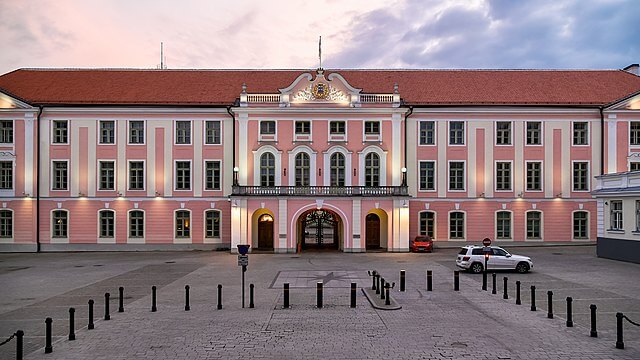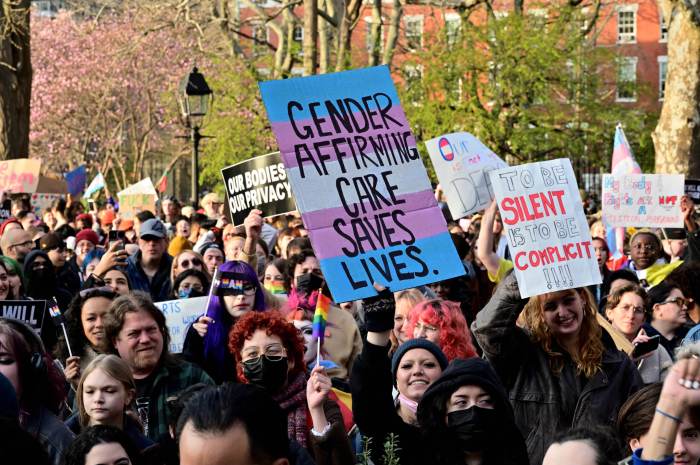Estonia’s parliament on June 20 passed a law legalizing same-sex marriage, making it the first country formerly occupied by the Soviet Union to achieve marriage equality.
“Everyone should have the right to marry the person they love and want to commit to,” Prime Minister Kaja Kallas said in a press release from the Estonian government. “With this decision we are finally stepping among other Nordic countries as well as all the rest of the democratic countries in the world where marriage equality has been granted.”
Estonia also added new amendments to their Family Law Act, which originally only allowed married couples to adopt children, though people from the LGBTQ community could also petition, with much less success. Now, same-sex couples, according to the government, can adopt children without restrictions.
“Both marriage and registered partnerships bring rights and obligations for couples which do not extend to those in de facto relationships,” the Estonian government’s website states. “These are mostly linked to home, assets, parentage and obtaining support. For example, in the event of the death of one spouse or registered partner, this will help to prevent situations in which the surviving partner, in the absence of a will, has no right to inherit the other partner’s assets, all of which are automatically transferred to their relatives instead.”
The changes are coming against the backdrop of growing public support for marriage equality. According to the Estonian Human Rights Centre, 53% of Estonian people believe same-sex marriage should be allowed and is acceptable, and 56% percent find homosexuality “acceptable.” That marks a significant improvement from 2012 when only 38% of the population found homosexuality “acceptable.”
Though the country is taking significant steps forward with regard to LGBTQ rights, queer people still face marginalization, according to a 2022 report from the Estonian Human Rights Centre,
“LGBT+ people still prefer to be discreet about their identity, which may be due to the fact that almost half of respondents have experienced harassment, and one in ten have been physically or sexually assaulted in the last five years,” the report stated. “Trans people experienced discrimination more than any other group, especially in public places where the provision of personal identification has been necessary.”
In two other Baltic nations, Latvia and Lithuania, same-sex marriage bills have yet to advance through their respective parliaments.

































